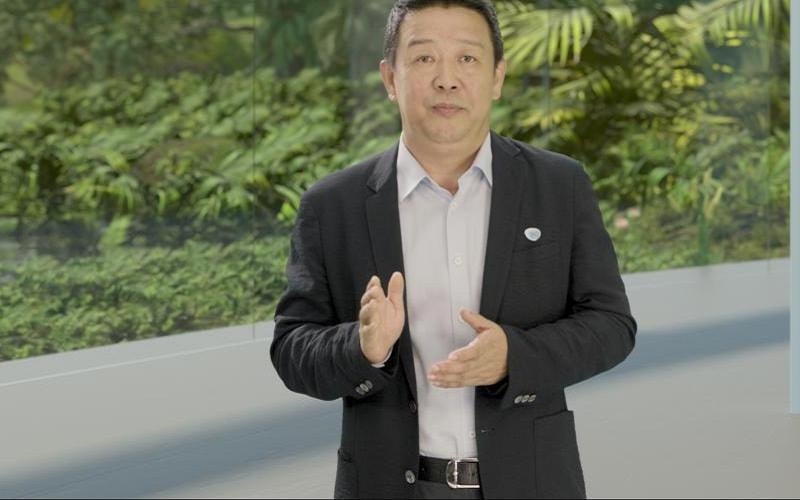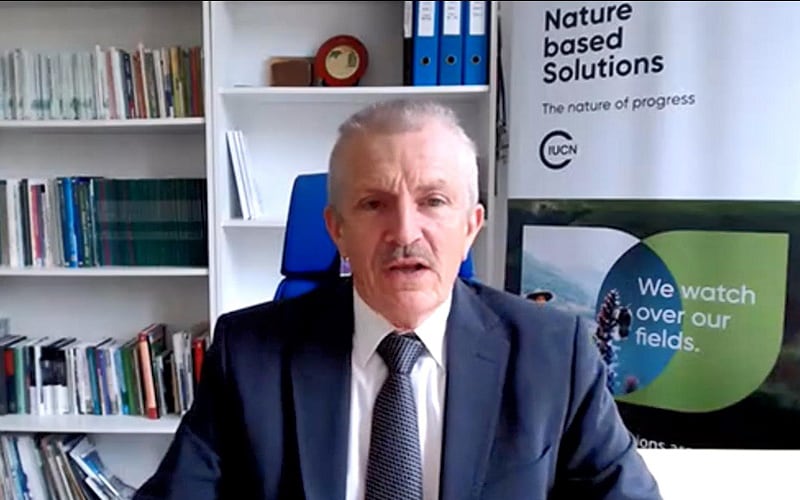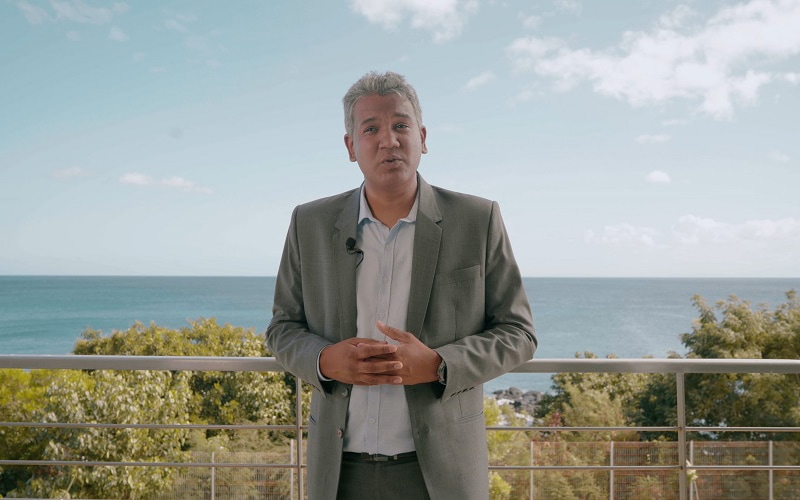Echoing the “Only One Earth” theme of World Environment Day on June 5, the International Union for Conservation of Nature (IUCN), Huawei, and global partners came together at the Tech for a Better Planet summit to call for an increased global drive to develop and deploy new technologies to better protect the Earth.
IUCN and Huawei hosted the online summit to demonstrate how technology can vastly improve nature conservation outcomes, unveiling new digital technologies that are set to become crucial enablers of environmental protection.
The process of responding to environmental threats has increased awareness that technology can make a pivotal difference in nature conservation.
“We believe that digital technology is a key enabler of environmental protection,” said Tao Jingwen, Director of the Board and Director of the Corporate Sustainable Development Committee for Huawei. “All sectors of society should work together within an open and collaborative market environment to apply technological innovations to industries and transform new technologies into solutions and services that can help build a green planet."

Huawei promotes green development in industries through ICT innovations that support the global zero-carbon journey. On the energy supply side, the company has integrated power electronics and digital technologies to accelerate the development of renewable energy. In terms of energy use, Huawei will continue to innovate energy-saving technologies to continuously improve the energy efficiency of ICT infrastructure, in turn saving energy and reducing emissions in industries.
Huawei has also formed long-term partnerships to improve nature conservation outcomes by developing technology solutions that can better understand nature and result in more effective measures for protecting biodiversity in a range of ecosystems. In 2020, IUCN and Huawei launched the global Tech4Nature project and have since initiated pilot projects based on IUCN Green List Standard in Switzerland, Spain, China, Mexico, and Mauritius.
Off the coast of Mauritius, IUCN, Huawei, and Ecomode Society deployed the first underwater system in the Western Indian Ocean that can monitor coral reef ecosystems in real time. The aim of the project is to restore highly threatened coral reef ecosystems by growing live coral in nurseries, transplanting them, and monitoring growth, water conditions, and threats like algae. The solution comprises underwater cameras with special lenses, sensors, a 4G network to carry data, and AI to interpret the findings. To date, nearly 10,000 coral fragments have been transplanted to degraded reefs, with a total of 25,000 planned for the end of 2022.
“The IUCN-Huawei partnership Tech4Nature project is a good example of an innovative project between the conservation and ICT sectors to realize the transformative potential of the appropriate use of digital technology for area-based nature conservation impact.” said Stewart Maginnis, Deputy Director General - Programme, IUCN.
IUCN positions the combination of “Technology, Data, and Innovation” as central to achieving the ambitious goals of the IUCN Nature 2030 Programme. The organization also believes that innovations in data sensing, big data, machine learning, and AI can significantly improve knowledge and insights into impact areas such as land, water, oceans, and climate. In turn, this will help stakeholders design better informed conservation actions and monitoring systems for species and ecosystems.

Also at the summit, experts and conservationists from the environmental and science sectors, including Ecomode Society, WWF Italy, Berlevåg jeger og fiskeforening, Shan Shui Nature Conservation Center, and Huawei Digital Energy Product Line, shared their insights and global practices on climate change and the conservation of natural resources.

Source: https://www.huawei.com/en/news/2022/6/tech4all-iucn-summit
